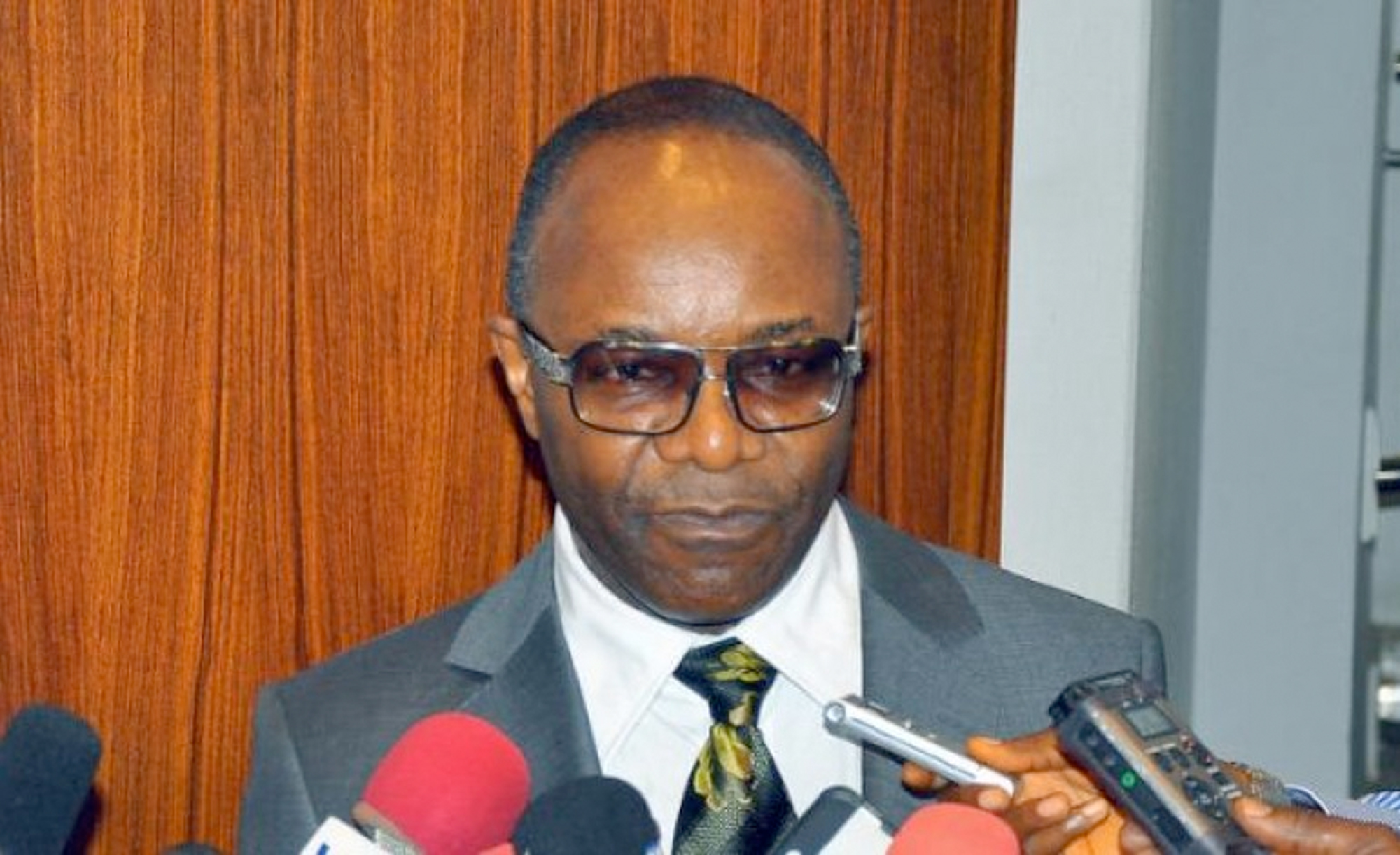- Rising Oil Price Pushes Petrol Landing Cost Higher …NNPC to Spend More on Subsidy
The expected open market price of Premium Motor Spirit (petrol) being imported into Nigeria may have risen above N190 as crude oil price climbed towards a four-year high of $75 per barrel.
As of March 20, 2018, when the international benchmark for oil prices, Brent, traded around $66 per barrel, the EOMP of petrol, according to data obtained from the Petroleum Products Pricing Regulatory Agency, was around N189 per litre.
Brent, against which Nigeria’s crude oil is priced, touched $74.75 per barrel last Thursday, having gained 10 per cent since the start of this month. It traded around $73.62 as of 3:30pm Nigerian time on Wednesday.
“If we keep the price of petrol fixed and there is an increase in crude oil prices, the price of petrol will rise and somebody has to pay for it, whether the NNPC or the Federal Government. Somebody has to pay more and that has to come in the form of subsidy,” the Chairman/Chief Executive Officer, International Energy Services Limited, Dr. Diran Fawibe, told our correspondent.
He stressed the need for the country to ramp up local refining of crude oil in order to reduce the dependence on importation to meet the nation’s fuel needs.
The Group Managing Director, Nigerian National Petroleum Corporation, on December 23, 2017, said the Federal Government had been resisting intense pressure to increase the pump price of petrol, noting that the landing cost of the commodity was N171.4 per litre as of December 22, when oil price was around $64 per barrel.
By adding the N14.3/litre for other cost elements such as the retailers’ margin, bridging fund, dealers’ cost and transporters’ pay, as captured in the last published template of the PPPRA, to the landing cost of N171.4, the pump price rises to N185.4/litre.
Baru stated that the NNPC had been subsidising the cost of petrol, as the official pump price remained at N145/litre.
“The landing cost moves with the CIF (Cost, Insurance and Freight) price of the PMS. As of Friday (December 22), the CIF price was in the neighbourhood of $620 per metric tonne. With the official exchange rate of N305 to the dollar, the landing cost should be N171.40 per litre,” he said.
The PPPRA, in its Downstream Monitor for January to April 2018, noted that petrol price continued to rise at the international market, pushing the expected open market price far beyond the recommended pump price of N145/litre.
“As of the end of December 2017, the average expected open market price stood at N168.30/litre (about N23/litre more than the approved pump price of N145/litre). As a result, private oil marketers could not meet their supply obligation and the burden of the PMS supply fell solely on the NNPC,” the agency said.
It said the PMS retail price in the fourth quarter of 2017 was eight per cent higher than in Q3 2017 as a result of higher crude costs coupled with persistent high naira/dollar exchange rate.
According to the PPPRA, the average petrol cost in Q4 2017 was $594.59/MT, and the EOMP averaged N168.30/litre, with the landing cost averaging N148.93/litre.
On its outlook for the first quarter of this year, it said based on projected $60 per barrel crude price and $630/MT petrol price and an average naira exchange rate of N305/litre, domestic PMS pump price was expected to average N171/litre.
Noting that the pressure on the PMS supply in the country might continue through the first quarter if all underlying market fundamentals remained unabated, the agency said.
It added, “Urgent intervention is required to encourage the participation of private oil marketers in the PMS supply; this is more so as the burden of supply is solely being born by the NNPC.”

 Naira4 weeks ago
Naira4 weeks ago


 Naira4 weeks ago
Naira4 weeks ago


 Naira3 weeks ago
Naira3 weeks ago


 News4 weeks ago
News4 weeks ago
 Travel4 weeks ago
Travel4 weeks ago




 Naira4 weeks ago
Naira4 weeks ago


 Jobs3 weeks ago
Jobs3 weeks ago
 Naira3 weeks ago
Naira3 weeks ago






















